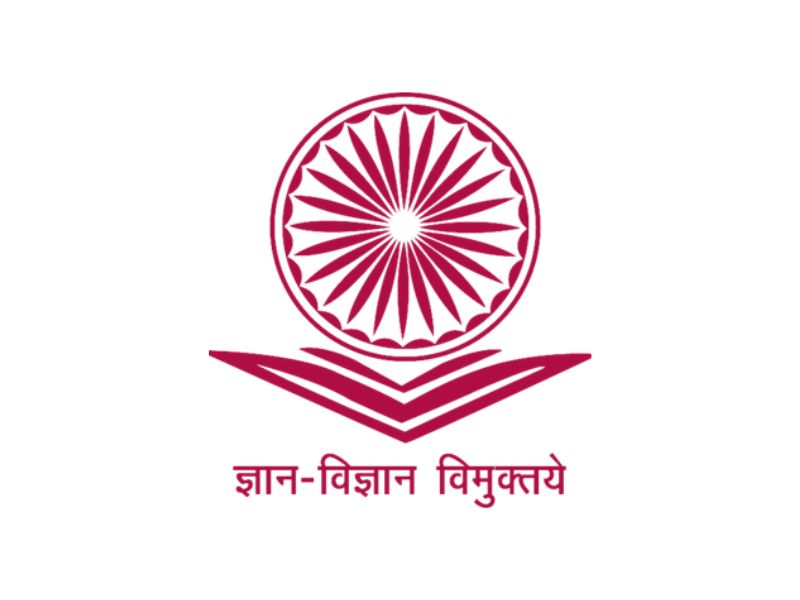UGC warns of Unauthorised engineering colleges
The University Grants Commission (UGC) has once again raised concerns about an unrecognised institution falsely presenting itself as a legitimate engineering college.
In a recent advisory, the Commission warned students against enrolling in one such: the Institute of Management and Engineering in Kotla Mubarakpur, Delhi, which is offering unapproved degree programmes in violation of Section 22 of the UGC Act, 1956. The UGC clarified that the institute is neither established under any Central or State Act nor recognised under Sections 2(f) or 3, making all degrees it awards invalid for academic or professional purposes.
These advisory forms part of the UGC’s ongoing efforts to tackle a persistent issue: the operation of self-styled universities exploiting students who are unaware of how to verify an institution’s legitimacy.
According to UGC, 22 such unrecognised institutions are currently operating as “universities” across India, with the largest number (9) in Delhi, followed by five in Uttar Pradesh. The remaining institutions are spread across Andhra Pradesh, Kerala, West Bengal, Maharashtra, and Puducherry.
While the UGC makes lists of recognised universities and known fake institutions publicly available, many students and parents still rely on brochures, advertisements, or word-of-mouth assurances instead of checking official portals. Misplaced trust, often reinforced by sponsored online content and coaching agents, perpetuates the problem.
The situation is further complicated by the use of misleading terminology. Operators employ phrases like “industry partnerships,” “international validation,” or “autonomous status”—which may sound credible but carry no legal authority to confer degrees.
Enforcement is slow. While the UGC can issue notices and warnings, taking action against illegal institutions falls under the jurisdiction of state governments. Due to bureaucratic delays and overlapping authority, these entities often rebrand or relocate before facing closure.
Ultimately, the issue is not a lack of rules but the absence of prompt consequences. The system’s slow response allows these organisations to resurface under new identities, turning degree fraud into a low-risk, high-reward enterprise.
With Inputs from India Today
Also Read: 900 mathematicians demand withdrawal of flawed UGC Maths curriculum for 2025

















Add comment